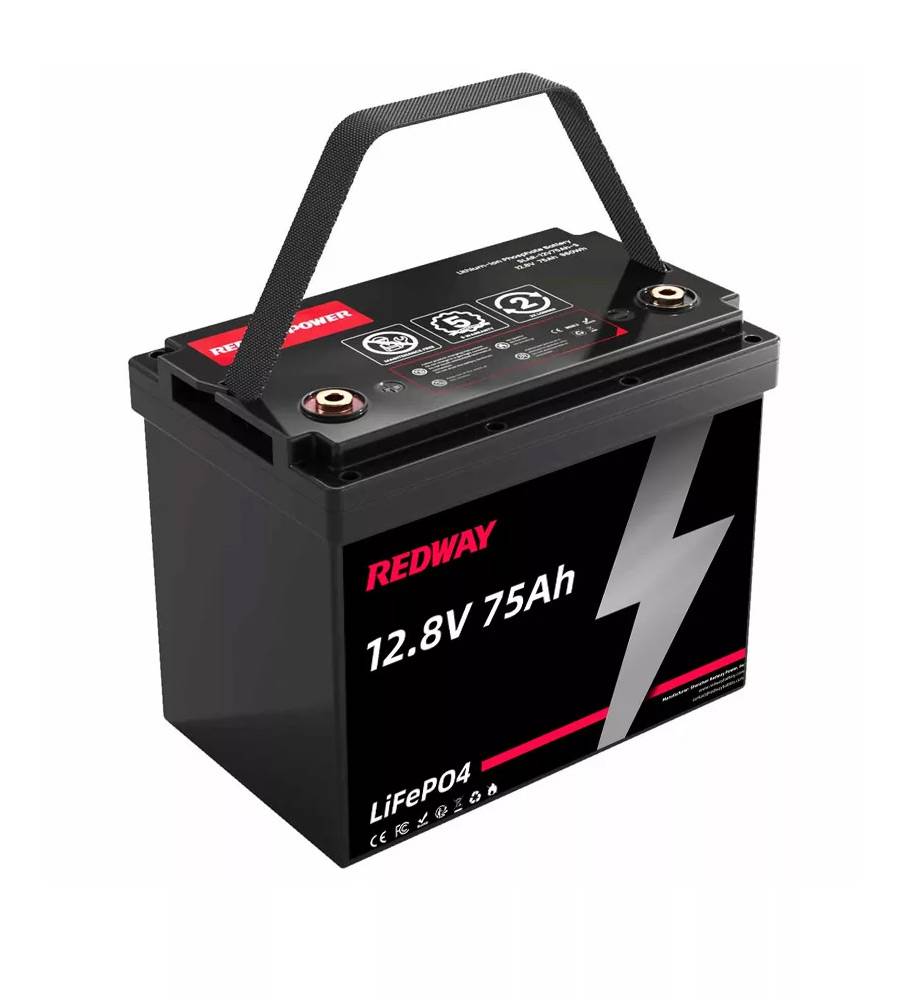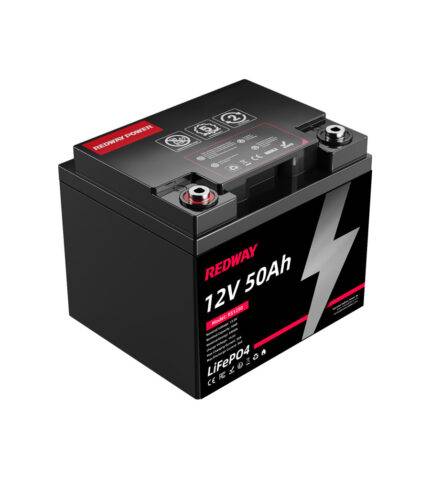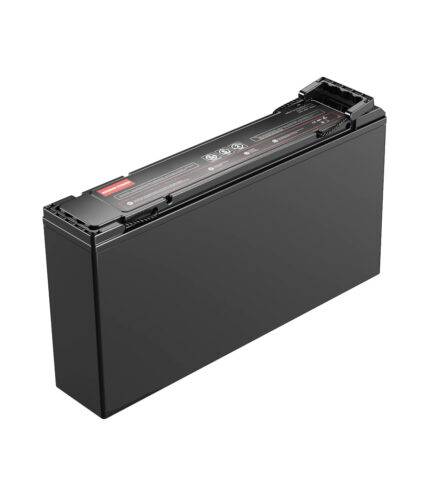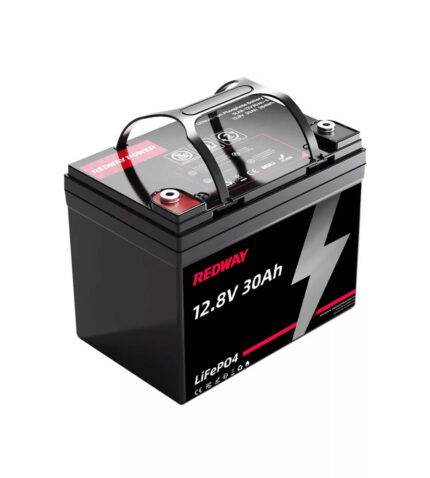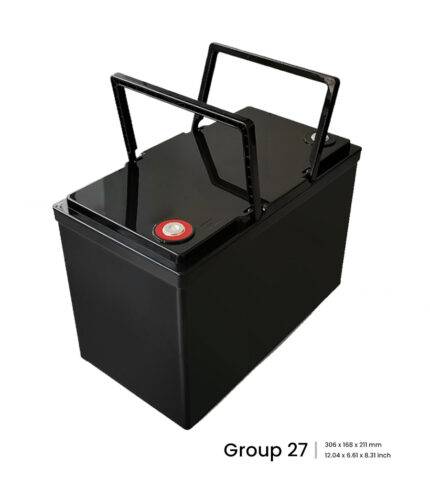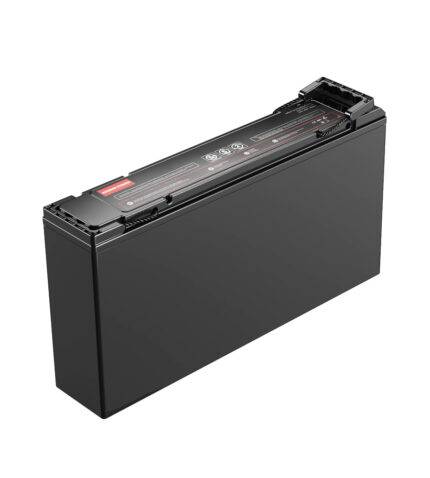- Forklift Lithium Battery
-
48V
- 48V 210Ah
- 48V 300Ah
- 48V 420Ah (949 x 349 x 569 mm)
- 48V 420Ah (950 x 421 x 450 mm)
- 48V 456Ah
- 48V 460Ah (830 x 630 x 590 mm)
- 48V 460Ah (950 x 421 x 450 mm)
- 48V 460Ah (800 x 630 x 600 mm)
- 48V 460Ah (820 x 660 x 470 mm)
- 48V 500Ah
- 48V 560Ah (810 x 630 x 600 mm)
- 48V 560Ah (950 x 592 x 450 mm)
- 48V 600Ah
- 48V 630Ah
-
48V
- Lithium Golf Cart Battery
- 12V Lithium Battery
12V 150Ah Lithium RV Battery
Bluetooth App | BCI Group 31
LiFePO4 Lithium
Discharge Temperature -20°C ~ 65°C
Fast Charger 14.6V 50A
Solar MPPT Charging - 24V Lithium Battery
- 36V Lithium Battery
- 48V Lithium Battery
-
48V LiFePO4 Battery
- 48V 50Ah
- 48V 50Ah (for Golf Carts)
- 48V 60Ah (8D)
- 48V 100Ah (8D)
- 48V 100Ah
- 48V 100Ah (Discharge 100A for Golf Carts)
- 48V 100Ah (Discharge 150A for Golf Carts)
- 48V 100Ah (Discharge 200A for Golf Carts)
- 48V 150Ah (for Golf Carts)
- 48V 160Ah (Discharge 100A for Golf Carts)
- 48V 160Ah (Discharge 160A for Golf Carts)
-
48V LiFePO4 Battery
- 60V Lithium Battery
-
60V LiFePO4 Battery
- 60V 20Ah
- 60V 30Ah
- 60V 50Ah
- 60V 50Ah (Small Size / Side Terminal)
- 60V 100Ah (for Electric Motocycle, Electric Scooter, LSV, AGV)
- 60V 100Ah (for Forklift, AGV, Electric Scooter, Sweeper)
- 60V 150Ah (E-Motocycle / E-Scooter / E-Tricycle / Tour LSV)
- 60V 200Ah (for Forklift, AGV, Electric Scooter, Sweeper)
-
60V LiFePO4 Battery
- 72V~96V Lithium Battery
- Rack-mounted Lithium Battery
- E-Bike Battery
- All-in-One Home-ESS
- Wall-mount Battery ESS
-
Home-ESS Lithium Battery PowerWall
- 24V 100Ah 2.4kWh PW24100-S PowerWall
- 48V 50Ah 2.4kWh PW4850-S PowerWall
- 48V 50Ah 2.56kWh PW5150-S PowerWall
- 48V 100Ah 5.12kWh PW51100-F PowerWall (IP65)
- 48V 100Ah 5.12kWh PW51100-S PowerWall
- 48V 100Ah 5.12kWh PW51100-H PowerWall
- 48V 200Ah 10kWh PW51200-H PowerWall
- 48V 300Ah 15kWh PW51300-H PowerWall
PowerWall 51.2V 100Ah LiFePO4 Lithium Battery
Highly popular in Asia and Eastern Europe.
CE Certification | Home-ESS -
Home-ESS Lithium Battery PowerWall
- Portable Power Stations
12V 75Ah Lithium Battery (BCI Group 24)
• Cell Type: LiFePO4 Lithium
• MOQ: 10
• Delivery: 25 Days
• OEM / ODM: Yes
• Delivery Terms: FOB, EXW, CIF
• Payment: T/T, L/C, PayPal
• Sea / Air / Land Shipment: 10FT, 20FT, 40FT
• Can be customized to Group 34 or 78 as Car Starting Battery, 12V75Ah-ST
Description
The 12V 75Ah Lithium Battery (Group 24) from Redway Power is a high-performance energy solution designed for various applications, including RVs, motorhome, marine, boat, yacht, and solar mppt. Using Long Lifespan LiFePO4 Lithium Cells, this battery provides reliable power with a nominal energy output of 960Wh. Ideal for OEM, ODM, and wholesale buyers seeking dependable energy storage.
Key Features:
- High Capacity: Delivers a nominal voltage of 12.8V and a capacity of 75Ah, ensuring substantial energy output for diverse applications.
- Long Cycle Life: Designed to exceed 5000 cycles at (80% DOD 0.5C), offering exceptional longevity and reliability.
- Compact Design: BCI Group 24, Dimensions of 260 x 168 x 210 mm (10.2 x 6.6 x 8.3 inches) and a weight of only 6 kg (13.2 lbs), making it easy to install in tight spaces.
- IP65: Provides excellent protection against dust and water ingress, suitable for outdoor and marine environments.
- Customizable Options: Available for OEM/ODM, including features like Self-heating, Bluetooth App, RJ45, RS485, LCD Display, 4G, GPS, WiFi, Active Balance, and more.
Product Description:
The Redway Power 12V 75Ah LFP Lithium Battery is engineered to meet the energy demands of various applications such as RVs, fishing boats, and off-grid solar systems. With a maximum continuous charge and discharge current of 75A, this battery ensures efficient power management for all your needs.
Constructed with high-quality ABS material, this battery is built to withstand harsh conditions while maintaining optimal performance. It operates effectively within a temperature range of 0°C to 60°C for charging and -20°C to 65°C for discharging.
Featuring an Smart BMS, this battery protects against overcharging, over-discharging, short circuits, and other potential hazards. The self-discharge rate is approximately 2% per month, ensuring that the battery retains its charge during periods of inactivity.
With a warranty period of 3 years, the Redway Power 12V 75Ah Lithium Battery stands out as a top choice for OEMs, wholesalers, and those seeking high-performance energy solutions. Contact us today to explore customization options and bulk purchasing benefits!
Specifications
| 12V 75Ah LFP | Specifications |
|---|---|
| Lithium Cell | LiFePO4 (LFP) |
| Nominal Voltage | 12.8V |
| Nominal Capacity | 75Ah |
| Nominal Energy | 960Wh |
| Max Charge Voltage | 14.6V |
| Discharge Cut-off Voltage | 10V |
| Max Continues Charge Current | 75A |
| Max Continues Discharge Current | 75A |
| Dimensions [L x W x H] | 260 x 168 x 210 mm / 10.2 x 6.6 x 8.3 inches / BCI Group 24 |
| Weight | 6 kg / 13.2 lbs |
| IP Rating | IP65 |
| Max Parallel Connections | 6 |
| Internal Resistance | ≤10mΩ |
| Cycle Life | >5000 cycles (80% DOD 0.5C) |
| Self-discharge | 2% (per month) |
| Charge Temperature | 0°C ~ 60°C |
| Discharge Temperature | -20°C ~ 65°C |
| Optional Upgrades | Self-heating / Bluetooth / App / WiFi / 4G / GPS / LCD display / RS485 / RS232 / CAN-bus / RJ45 / Solar MPPT / Active Balance / etc. |
| Charger | 14.6V 10A |
| BMS | JBD Smart BMS |
| Terminal | M8 |
| Battery Shell | ABS |
| Warranty | 3 Years |
| Silkscreen / Label / Laser Logo | Yes |
| User Manual | Yes |
| OEM / ODM | Yes |
| Shipment | Yes |
| Certifications | UL 1642, IEC 62619, CE, MSDS, UN38.3 |
Applications and FAQs
How long can a lithium-ion battery last without charging?
A lithium-ion battery can typically last 3 to 6 months without charging if stored properly. However, prolonged inactivity can lead to self-discharge, reducing its capacity. It’s best to store lithium batteries at around 40% charge in a cool, dry place for optimal longevity.
What happens if a lithium battery is not charged for 2 years?
If a lithium battery is not charged for 2 years, it may enter deep discharge mode, leading to permanent capacity loss or failure. Regular maintenance charging is essential to keep lithium batteries healthy over extended periods without use.
What is the most reliable lithium battery?
The most reliable lithium battery is often considered to be the lithium iron phosphate (LiFePO4) type. Known for its thermal stability and safety features, it provides consistent performance and a long cycle life, making it suitable for various applications.
How many Ah is a Tesla battery?
A Tesla battery pack varies by model; for instance, the Tesla Model S has options ranging from 60Ah to over 100Ah. The specific amp-hour rating depends on the configuration and capacity of the battery pack installed in the vehicle.
How much does it cost to replace a Tesla battery?
Replacing a Tesla battery typically costs between $5,000 and $15,000, depending on the model and battery size. This price includes labor and parts but can vary based on warranty coverage and specific service center rates.
What is the range of the 80 kWh battery?
An 80 kWh battery typically provides a range of approximately 240 to 300 miles on a single charge, depending on vehicle efficiency, driving conditions, and usage patterns. Actual range may vary based on factors like speed and terrain.
Can you mix lithium batteries with different Ah?
Yes, you can mix lithium batteries with different Ah ratings in parallel configurations. However, it’s advisable to use batteries of similar capacities to ensure even charging and discharging rates for optimal performance and lifespan.
Is there a better battery than lithium?
While lithium batteries are widely used due to their energy density and efficiency, alternatives like solid-state batteries or sodium-ion batteries are being researched for potential advantages in safety and cost. However, lithium remains dominant in current applications.
What shortens the life of lithium batteries?
Factors that shorten the life of lithium batteries include extreme temperatures (both hot and cold), frequent deep discharges, overcharging, and using incompatible chargers. Proper care and following manufacturer guidelines help maximize their lifespan.
How do I increase the Ah on my battery?
To increase amp-hour (Ah) capacity in your system, you can connect multiple batteries in parallel. This configuration combines their capacities while maintaining the same voltage. Ensure that all batteries are of similar type and age for optimal performance.
What is a group 24 lithium battery?
A Group 24 lithium battery is a specific size classification for batteries that typically measures 10.25 inches long by 6.75 inches wide and 8.19 inches high. These batteries are commonly used in marine and RV applications due to their compact size and lightweight design.
Which is better, lead-acid battery or lithium battery?
Lithium batteries are generally better than lead-acid batteries due to their longer lifespan, lighter weight, faster charging times, and higher energy density. While lithium batteries have a higher initial cost, they offer significant long-term savings and performance advantages.
What is the equivalent of a group 24 battery?
The equivalent of a Group 24 battery in terms of capacity can vary but typically includes options like Group 27 batteries, which offer higher amp-hour ratings. However, the physical dimensions remain similar, allowing for interchangeable use in some applications.
How many amp hours are in a group 24 battery?
A Group 24 battery usually has a capacity ranging from 70Ah to 85Ah, depending on the specific model and manufacturer. This capacity determines how long the battery can power devices before needing a recharge.
What happens if I use the wrong group size battery?
Using the wrong group size battery can lead to improper fitment, reduced performance, and potential damage to the electrical system. It may also cause safety hazards if the battery cannot handle the required load or if connections are incompatible.
What is the rule of thumb for battery sizing?
A common rule of thumb for battery sizing is to choose a battery that provides at least 1.5 times the amp-hour rating needed for your application. This ensures sufficient capacity under load while accommodating for efficiency losses and future needs.
What is a Class 24 battery?
A Class 24 battery refers to a specific group size classification defined by the Battery Council International (BCI). These batteries are commonly used in various applications, including marine and recreational vehicles, due to their compact size and reliable performance.
What is the difference between a Group 24 and a Group 27 marine battery?
The main difference between a Group 24 and Group 27 marine battery is their size and capacity. Group 27 batteries are larger with higher amp-hour ratings (typically around 90Ah to 110Ah), making them better suited for applications requiring more power over longer durations.
Can you replace a group 24 battery with a group 27?
Yes, you can replace a Group 24 battery with a Group 27 battery, provided there is enough space in the compartment. The Group 27 offers more capacity but ensure that your system can accommodate the larger size without issues.
What does CCA mean on a battery?
CCA stands for Cold Cranking Amps, which measures a battery's ability to start an engine in cold temperatures. It indicates how much current the battery can deliver at 0°F (-18°C) for 30 seconds while maintaining at least 7.2 volts. Higher CCA ratings indicate better starting power in cold conditions.














